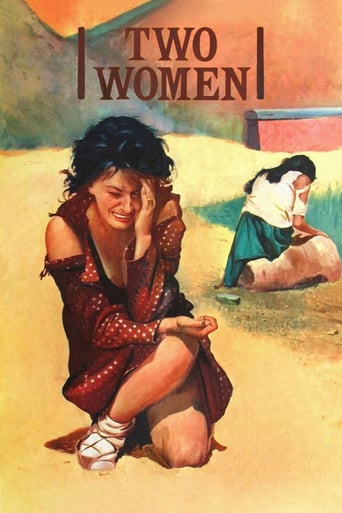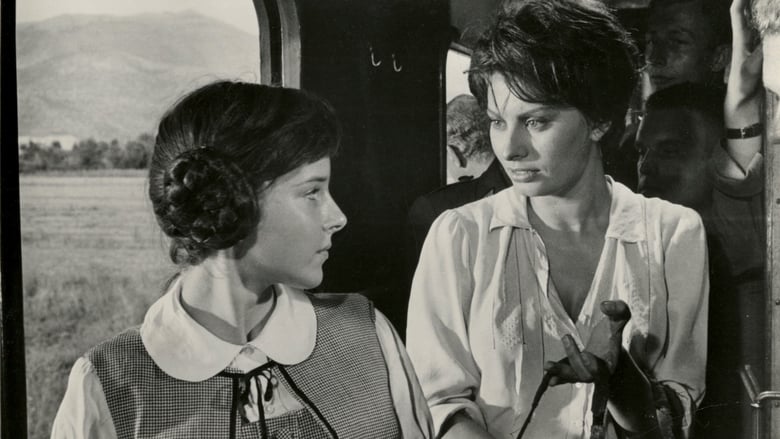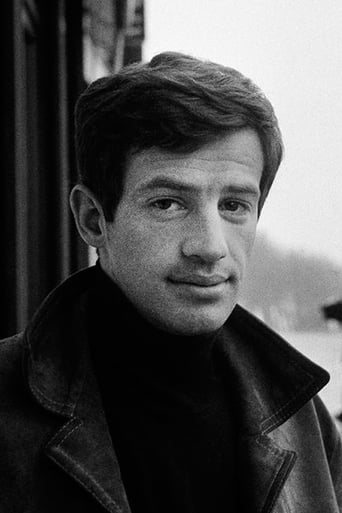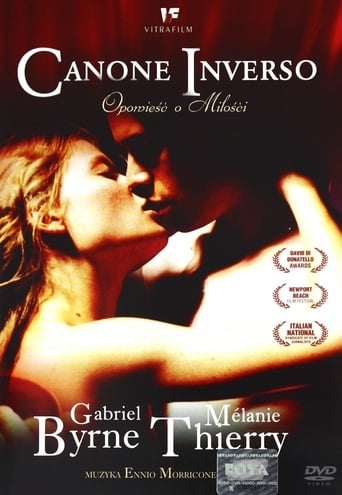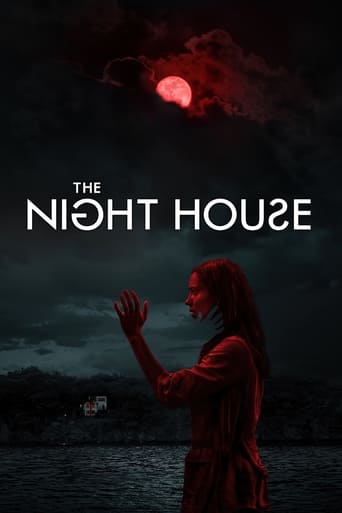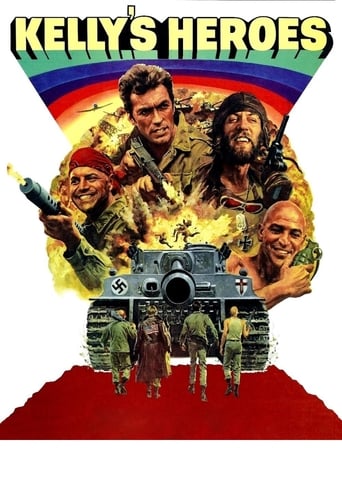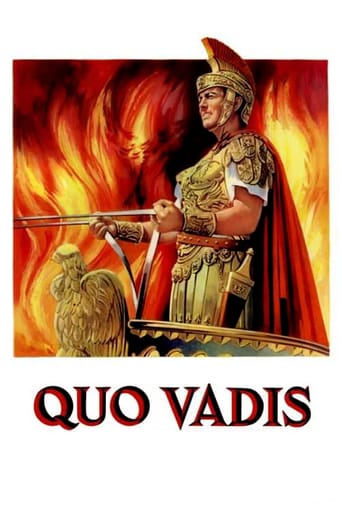Two Women (1961)
Widowed shopkeeper Cesira and her 13-year-old daughter Rosetta flee from the allied bombs in Rome during the second World War; they travel to the remote village where Cesira was born. During their journey and in the village and onward, the mother does everything she can to protect Rosetta. Meanwhile, a sensitive young intellectual, Michele, falls in love with Cesira.
Watch Trailer
Cast
Similar titles
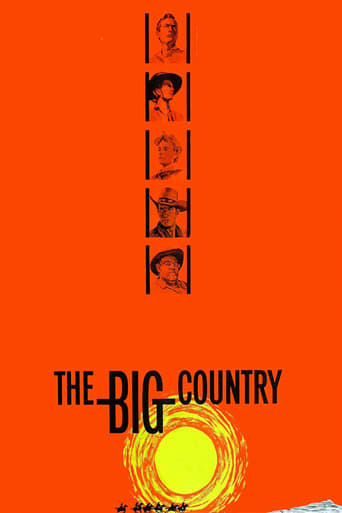

Reviews
You won't be disappointed!
the audience applauded
Sorry, this movie sucks
Pretty good movie overall. First half was nothing special but it got better as it went along.
I just had the privilege of watching a double feature on "TCM on Demand" that consisted of two of my two favorite Sophia Loren films, "Two Women" (1960) and "A Special Day" (1977). Unlike many of her comedies and lighthearted films, these two movies highlighted her most serious, dramatic roles, and, in my view, her very best performances. Yes, she is certainly a magnificent looking woman, but these two accomplishments by themselves prove that she is also an outstanding professional who gives 100% of herself with superior results.While the production of "Two Women" preceded "A Special Day" by seventeen years, the first took place in 1944 during the closing days of World War II following the Allied victory at Monte Cassino in Italy while the second occurred in 1938 when Hitler visited Rome during the early stages of the same war. Both films were produced by Loren's husband, Carlo Ponti, and superbly illustrate the tragic, human cost of a prolonged and very brutal war, one at the beginning of the conflict and the other near its end. In "Two Women", Ms. Loren's marvelous effort earned her a well deserved Oscar as the first performance to win the award in a foreign language film. Her outstanding work was was augmented by the overall, excellent direction of Vittorio de Sica ("Bicycle Thieves", "Umberto D") and the moving musical score of Armando Trovajoli, who has accumulated a staggering 196 films, both American and Italian, to his credit. She also received very impressive support by Eleanora Brown, who appeared in her very first film at age twelve.Without revealing too much of the climactic scene in the abandoned, bombed out church, the director's skill at developing an ominous atmosphere, including the disturbed birds through the opening in the roof, allowed the viewer to expect trouble but not necessarily the calamity of the shocking episode that followed. Then, soon after the incident, we observe the forms of two dehumanized women as if they are inanimate rocks, drained of life itself, cast to the side of the road. After seeing the movie, I did some research on the actual circumstances of "Marocchinate", a term the Italians gave to the brutal, barbaric campaign of Moroccan troops under the command of the French in which they allegedly raped thousands of Italian women and murdered hundreds of civilian men who tried to protect them. Many of the attacks occurred in the region called Ciociaria, located to the southeast of Rome in central Italy, hence the actual title of the movie, "La Ciociara", or the women of Ciociaria. I was very surprised that these atrocities under the command of the Allies have not been officially and sufficiently documented. The silent reaction from the French to the events depicted in this film is even more shocking. It is not too late for the French government to address these very serious allegations more directly and more thoroughly.
A moving and visually stunning film, Two Women is a story about the heartache and trials of war by director Vittorio De Sica. As with his other movies, this director deals with vulnerable human beings, to expose the injustice of a harsh world; in this case, a widow, performed by Sophia Loren, and her daughter, Eleanora Brown. These are the two women. The widow is an independent and determined shop-keeper and a loving mother. In the midst of war, she flees the bombing of Rome to return to the country. At first, she is revived by the change from city to country life, but soon realizes that no place can escape the ravages of war. While in the country, she becomes close to a scholarly young man (Jean Paul Belmondo) who reads the Bible and is respected by the people in his village for his sincerity and idealism. The black/white film emphasizes the characters and the movie is appreciated as a classic without any superficiality. We see village life disrupted by soldiers invading homes and planes disturbing the peaceful setting. This has a corrosive effect on the lives of the people, not to mention the lives lost or ruined. We get a sense of this in a pivotal scene involving the two women. Vittorio De Sica spent his career acting as well as directing. But he is one of the most accomplished of directors and made his mark as a champion of those afflicted by poverty and rejection.
The credit for this film rests squarely on the shoulders of Vittorio De Sica one of Italy's great post war directors. De Sica like so many others of his era used realism as the force of his films. This is not his best work but his success is that he elevated Sophia Loren to an actress.Originally Anna Magnani was to play the mother in this story with Sophia playing the daughter. Magnani supposedly objected to the casting and De Sica determined to use Loren in this film convinced Loren to play the mother. Eleanora Bron was cast as the daughter.The story chronicles the life altering events of two women as they try to survive in war torn Italy. The Italian realist film directors of this period didn't rely on the glitz that is used to dress movies today, they relied on reality. Real places, real people, real stories. Magnani backing out was Loren's ticket to cinema history.Although now the film seems dated and in comparison to what we see on the screen today perhaps it is, but so rarely do we get to see the realistic reactions to any moment in time as we do in this film. Loren is outstanding as the mother and completely believable. It's her film from beginning to end. De Sica takes her quietly from the beginnings in the mountains, to the church, to the confrontation with the American soldiers in their jeep. He allows her to paint a portrait of a woman who learns that survival is not only physical but emotional and mental.Eleanor Bron as the daughter is not given much to do in this film but their is one shot of her after an encounter that makes your heart ache. The scene with Loren in tears on a dusty road clearly epitomizes what each and every human being must go through when they are in the midst of war. Jean Paul Belmondo is sexy and interesting.This was the first film I'd ever seen with Loren. I remember I was a teen ager when I saw it and I never forgot the depth of emotion that came from Loren. If you saw this film in the sixties it would have lived on in your mind forever.A great film. Dated perhaps. The message is still the same regardless of the time and place. Loren is amazing. De Sica created an excellent moment in cinema history.
Sophia Loren is truly memorable in her Oscar winning performance of 1961.She portrays a mother trying to help her child survive World War 11 in Italy.Unable to put up with the bombings in Rome, she decides to flee with her daughter to the countryside. There she will meet adventure after adventure.A widow, who had been married to a much older man, she had a lover whose only wish is that a bomb should fall on his wife so that he could be free to marry Loren.During her adventure, she meets Michele, solemnly played by Jean-Paul Belmondo. A man who had one time thought of becoming a priest, he lusts for her before tragedy ensues.The molestation scenes are adeptly depicted. This was also an unfortunate part of war.A memorable film made better by Loren's captivating performance. A gem of a film.
